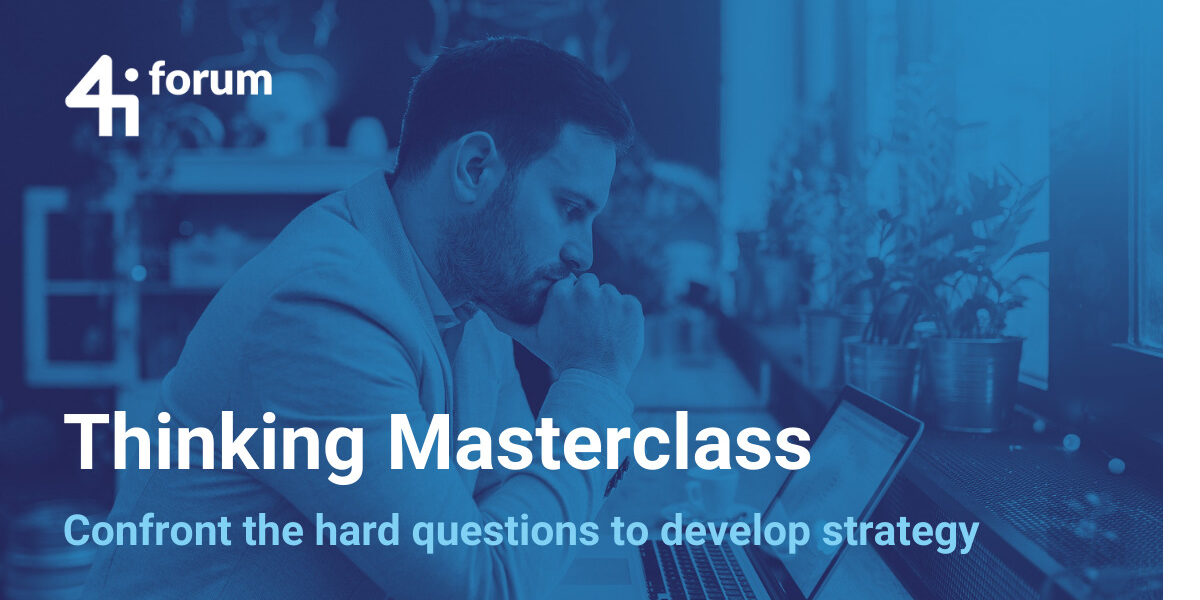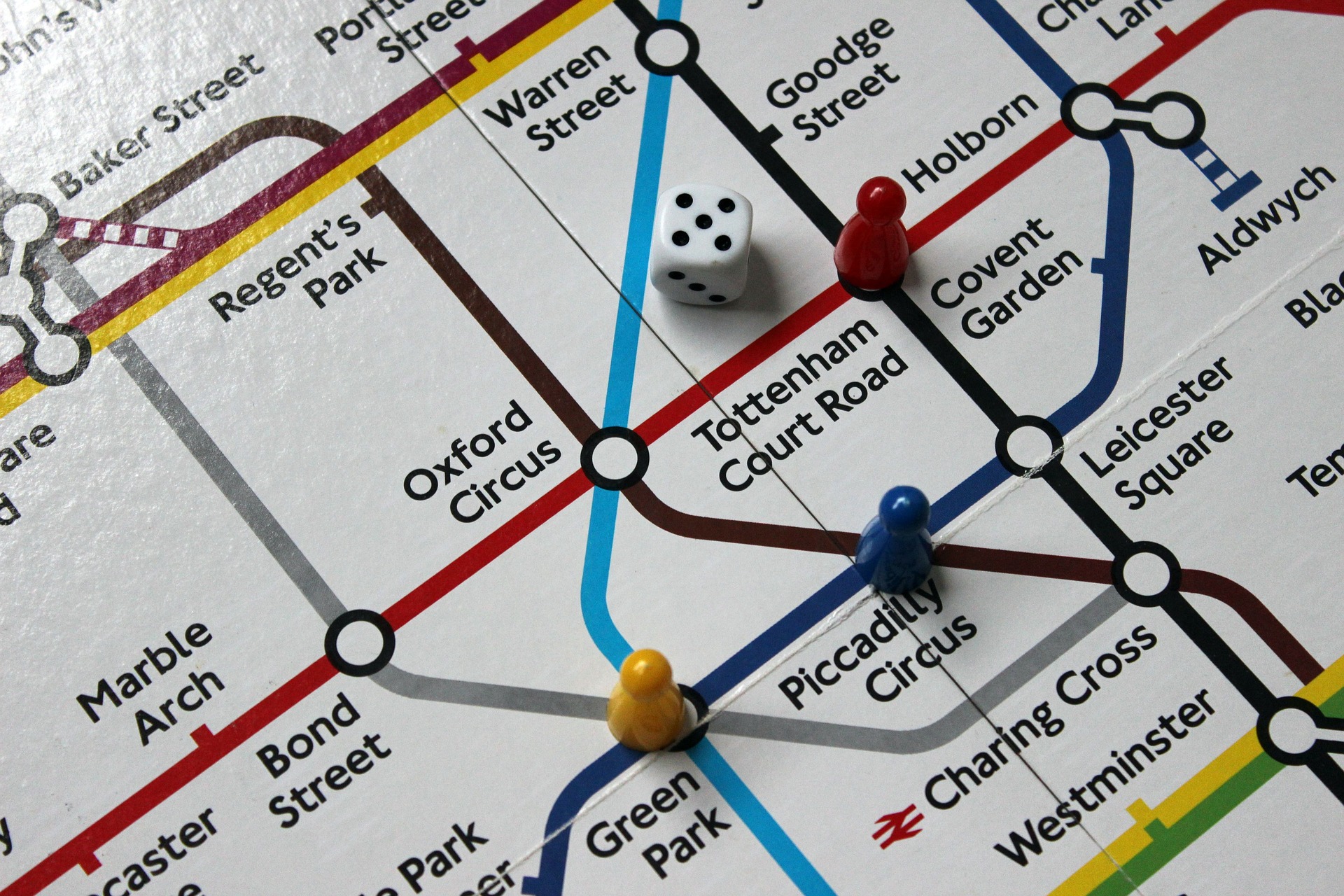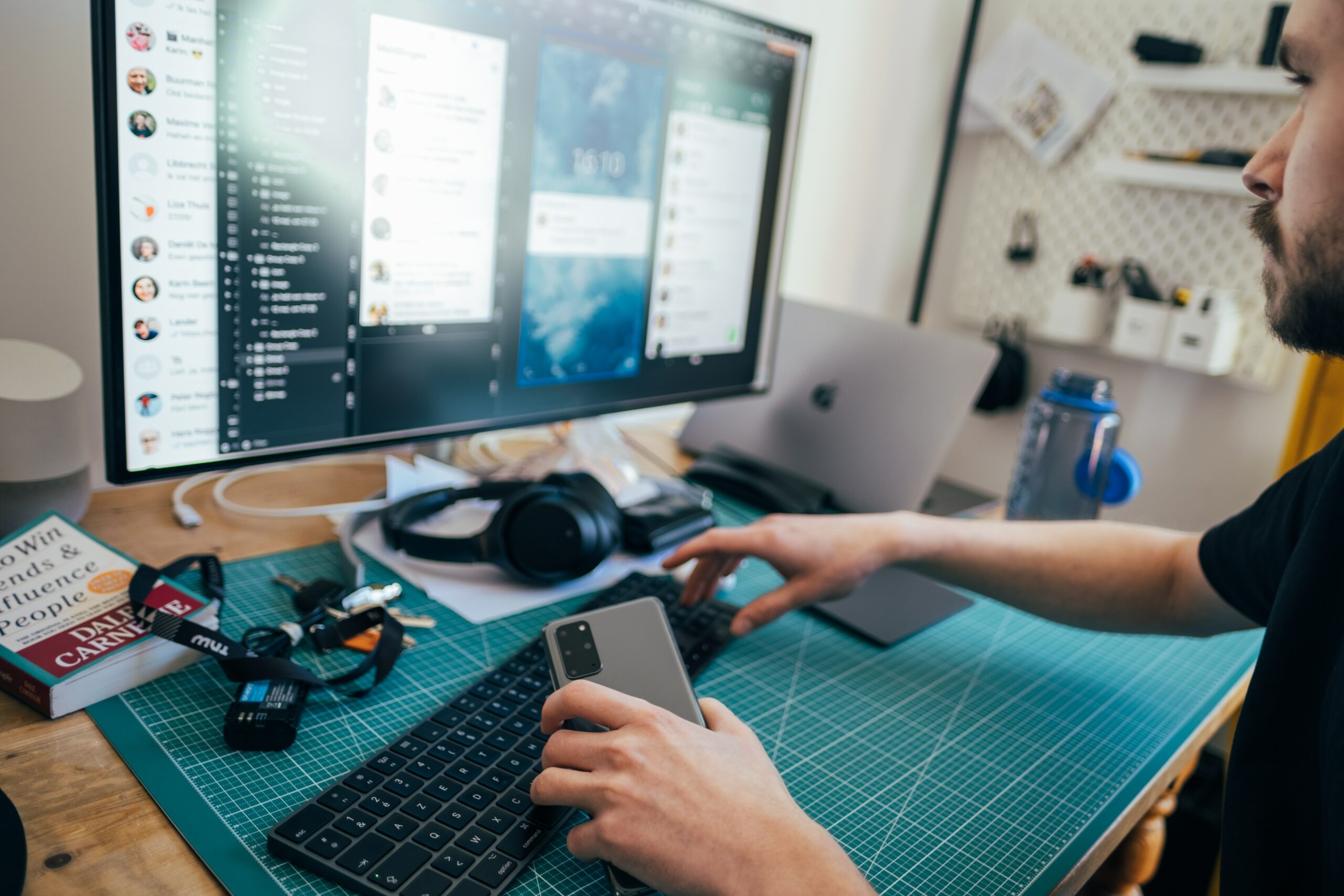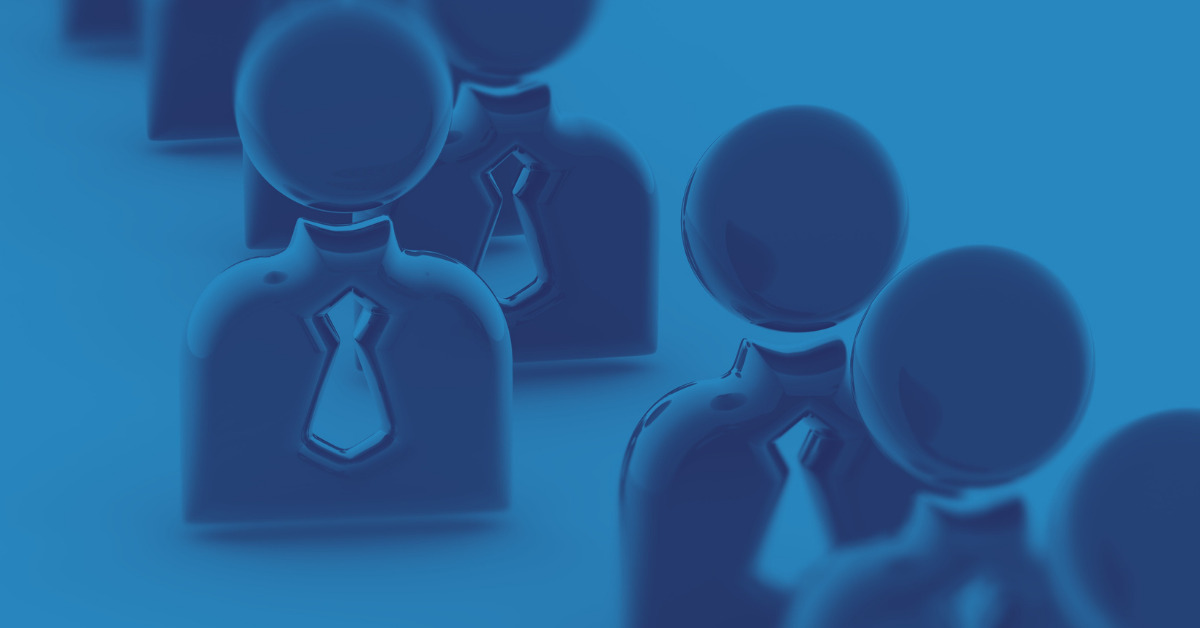The 4iforum thinking masterclass is a dialogic session designed to get leadership to go beyond their immediate business reality and disrupt the status quo. The thinking masterclass is designed without a topic or agenda to provide space for the participants to discover questions to issues and problems that they have not yet thought about. The 4iforum dialogic process is designed to deeply probe participant thinking to help them discover the questions they should be asking.
The Organisation - Vail Williams
Vail Williams is a full-service property advisory firm with offices eight offices across the Midlands, Solent, South East and London. The firm combines in-depth market knowledge and high quality service, to deliver property expertise with a ‘people first’ approach.

Its comprehensive range of commercial and residential property services are designed for occupiers, landlords, developers and investors.
Situation
In July 2020 as the UK was nearing the end of its first lockdown, the leadership team in Vail Williams was beginning to think about what came next. A few days before the thinking masterclass, a vague notion of “back to better” had begun to germinate. The concept emerged as VW moved from reactively dealing with the business impact of the pandemic to proactively examining how work would change emerging from lockdown. There had been an initial conversation about what VW could learn from lockdown, both the positive and negative.
Prior to lockdown VW had explored workplace issues such as flexible working and dress code but lockdown had enforced a position of trust in the workforce and the advent of zoom as the main form of business communication meant that it didn’t matter what individuals wore as long as top half looked okay.
The timing of the thinking masterclass tallied with a theme that was already emerging in the business. Although no agenda was set and none of the participants arrived at the forum thinking about back to better, it emerged as the core topic of the dialogue session.
Task
As the theme of Back to Better emerged, the thinking masterclass provided the space to accelerate the thinking and decision-making process for the participants. The forum provided the catalyst for some initial actions on the back to better project. Following the thinking masterclass, a project team was formed to drive the initiative forward and to engage with the business generally. The project team set out to survey the business to develop an understanding of what VW staff thought worked well and didn’t work well during lockdown. They also investigated initiatives which had been identified as possible better practice in other organisations and what people would change looking back at their time working during lockdown. Finally, they needed to distil the results of the research to make recommendation for the Back to Better initiative.
Action
The Back to Better Project team survey examined what worked well, what didn’t work well during lockdown. The team collated responses from survey monkey, email by return and zoom huddles gathering responses from 50% of Vail Williams staff. The project team meetings examined a variety of themes, including dress code, flexibility, well-being and “over-zooming”. The results were distilled into a board paper presented to the senior leadership team in August 2020, which made a number of recommendations for the Back to Better initiative, this included;

- Supporting the cost of people setting up an appropriate home working environment.
- Ensuring that people working from home were safe
- SMART working
- Revisiting the VW dress code
- Employee assistance support
By the end of September 2020 the smart working policy was published and embedded for every role in business. This enabled;
- Staff to have the flexibility to work where it is most appropriate to be most productive. If staff find that they are not productive working from home working they are encouraged to work in the office Time spent in the office is encouraged for collaborative work, and working from home up to three days a week for tasks that require less distraction and more concentration.
- A change to a “client appropriate” dress code
- A risk assessment to be completed for all home workers with conversations for all staff with the risk and compliance manager about what is needed to create a safe homeworking environment. This included the Health and Well-being team providing staff with ergonomic recommendations. These activities have resulted in corrective action being taken, such as staff being able to borrow chairs from the VW offices.
- Automatic sign off for staff to create an appropriate homeworking environment with information for supplies and suppliers for home working equipment.
- Communication highlighting the support available through employee assistance support reminding people to take up help as they see fit.
- The provision of appropriate training and mentoring to make use of smart working locations and technology.
Results
At the VW staff conference in October 2020 the SMART Working Policy was launched. The project team presented an infographic to explain how what was said during the staff consultation have resulted in the development of the of the SMART Working Policy. The project team provided an example of a weekly calendar for different roles.
The response has been positive, and VW are mindful with a second lockdown of following government guidance for staff to work from home where they can. The SMART Working Policy will be implemented full in the longer term when the business is no longer reacting to the pandemic. Although the risk assessment was considered a nuisance and intrusive, VW as responsible employer felt that it had to be done, especially as some staff were working sat on bed or on the floor in the living room. VW needed to ensure that there were appropriate homeworking arrangements in place for those staff working from home.
Looking forward, the project team are interested to see how the smart working policy works in the future, especially when onboarding new staff with the policy being the way VW does things. When government work from home guidance disappears VW will have a policy framework in place which enables VW to maximise benefits from the positive learnings coming out of lockdown. As a result of the Back to Better project team a side project has developed to examine what the future office space in VW might look like.
Quantitative benefits that can be measured from the project team include:
- Reduction in travel time to and from the office
- Reduction in lost work time travelling between offices
- Productivity gains from people working not commuting
- Well-being gains for individuals who are able to take commute time back













